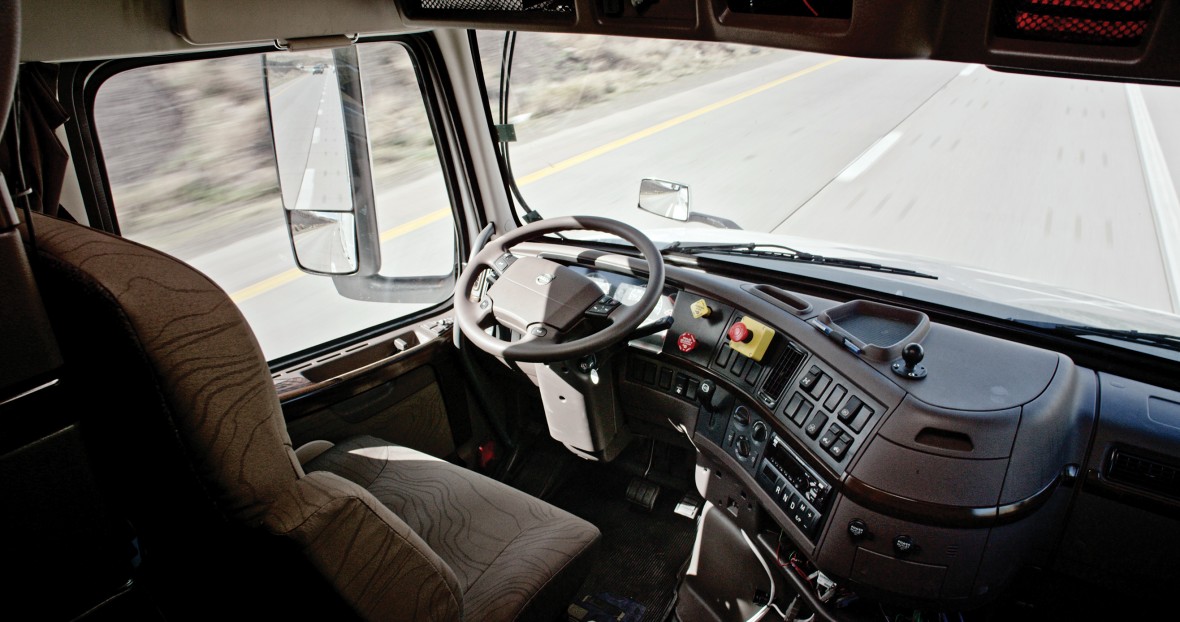
Place yourself in the seat of a big-rig driver. You’re driving down a long stretch of road one rainy evening when suddenly you see a car barreling into your lane. You do everything in your power to avoid the accident, without swerving into the busy oncoming lane. Your reaction time is critical, every second counts.
Unfortunately, this is a reality that many truck drivers face when they’re on the road.
Last year, there were a staggering 3,582 tractor-trailer related fatalities. In most of these cases, it was the drivers of the smaller vehicles who lost their lives.
Accidents can happen in the blink of an eye, far too quickly for humans to properly react to the situation. Which leaves one question that the team at Uber Technologies is trying to figure out; could a computer-driven big-rig react faster?
That’s correct. The company working feverously to bring us autonomous cars is also experimenting with self-driving tractor trailers.
The economic rationale for autonomous trucks is all too real. Imagine the efficiency of driverless tractor trailers delivering freight across the country. No pit stops, no driver fatigue, and a decrease in human error. Trucks could deliver cargo in record time, helping to grow the logistics industry, not to mention the potential for added safety on the already overcrowded highways of America. The reaction time of a computer when detecting a potential safety risk is unparalleled.
Last summer, Uber partnered with Otto, a company which specializes in autonomous vehicles, to begin testing their technology. City-to-city test trips have already begun.
Without this new technology on the market, economic breakthroughs and added safety standards would not be possible. Innovation is constantly happening around us, it’s what our society is built on.